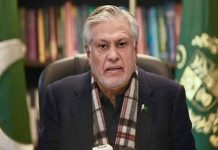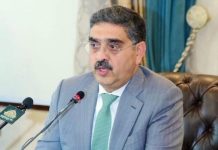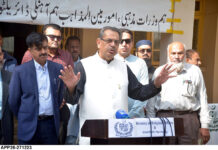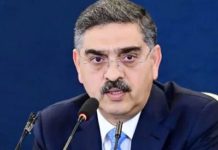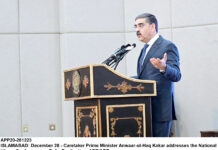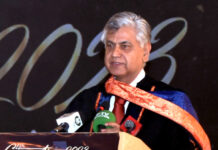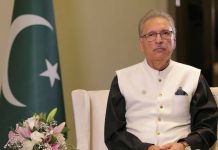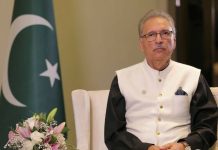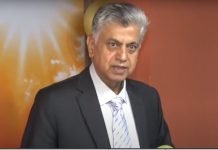A senior Afghan official was summoned by Trump’s administration to the State Department to express displeasure over criticizing Washington for talking to the Taliban. This led to the disclosure of differences between the US and Afghan government over the peace talks in front of the public this week.
State Department deputy spokesman Robert Palladino stated after the meeting, “Under Secretary for Political Affairs David Hale summoned Afghan National Security Adviser Hamdullah Mohib today to reject the public comments attributed to Mr Mohib criticizing the US approach to reconciliation”.
On Thursday, Mr. Mohib was furious because of US actions and expressed his anger by saying that talking to Taliban and negotiating with them discredited the 9/11 victims and hundreds of US troops who lost their lives. Furthermore, Mr. Mohib lashed out on US Special Representative Zalmy Khalilzad and accused him of corrupting the Afghan government so that he could become Afghanistan’s viceroy.
US State Department summoning a senior visiting official of another government is very uncommon. At the State Department, Mr Mohib was informed that his remarks could hurt the efforts to restore peace to the war-ravaged country. This was later known that US media claimed that US National Security Adviser John Bolton also refused to meet his Afghan counterpart because of his remarks.
The fifth round of peace talks between US and Taliban were held in Doha, Qatar, this week and both agreed to meet again to clear out the differences.
Mr Khalilzad, who led the US team in Doha, said the talks focused on four key points: “counter-terrorism assurances, troop withdrawal, Intra Afghan dialogue, and a comprehensive ceasefire”. While there seems to be an understanding on the first two points, the Taliban are refusing to hold talks with the Afghan government and appear reluctant to enforce a comprehensive ceasefire.

